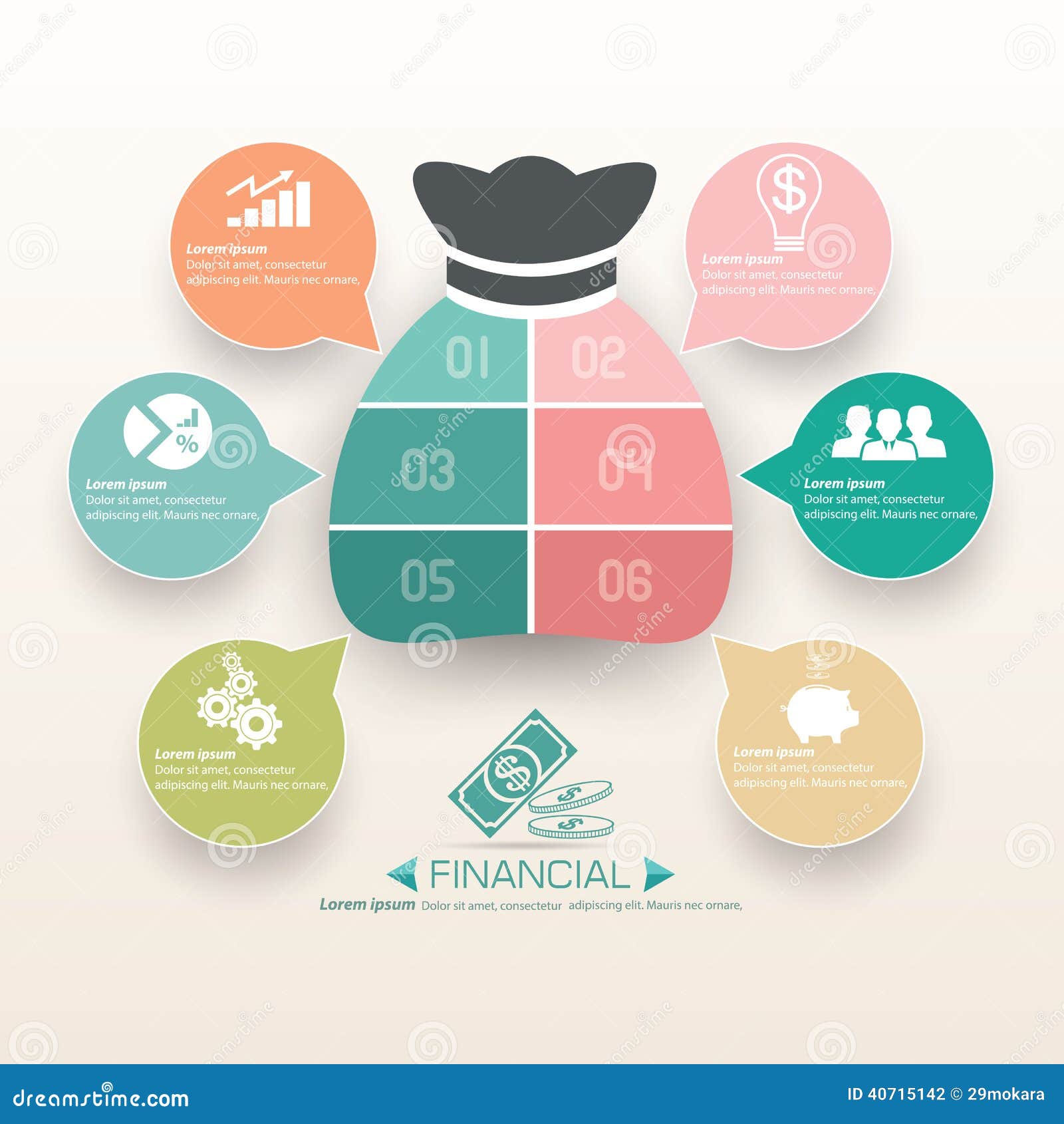The Effects Of Falling Short To Satisfy A Performance Bond
The Effects Of Falling Short To Satisfy A Performance Bond
Blog Article
Created By-
When a surety issues an efficiency bond, it guarantees that the principal (the celebration that buys the bond) will certainly meet their responsibilities under the bond's terms. If the principal stops working to meet these obligations and defaults on the bond, the guaranty is responsible for covering any losses or problems that result.
1. Loss of track record: Back-pedaling a performance bond can harm the principal's credibility and trustworthiness, making it more challenging to protect future service or financing.
2. Legal and administrative expenses: The surety might require to pay legal and administrative prices related to going after the principal for problems or attempting to remedy the circumstance.
3. Monetary losses: The guaranty may need to cover the expense of finishing the project or giving the services that the principal fell short to deliver. https://www.civilbeat.org/general-election-ballot-2022/ can result in significant monetary losses for the surety.
4. Enhanced premiums: If the principal has a background of defaulting on efficiency bonds, they may be needed to pay higher premiums in the future to obtain the necessary bonding.
In general, back-pedaling an efficiency bond can have severe financial effects for both the principal and the surety. It's important for principals to meticulously consider their obligations and ensure they are able to fulfill the terms of the bond to avoid these unfavorable end results.
Back-pedaling a performance bond can be a costly mistake for organizations. When you stop working to satisfy the bond's obligations, the monetary repercussions can be substantial. From paying the full bond total up to potential lawful battles and damaged connections, the repercussions can reverberate throughout your service operations. Comprehending the detailed web of economic influences that defaulting on a performance bond can have is critical for protecting your company's economic health and track record.
Financial Penalties for Defaulting
If you default on a performance bond, you'll likely face substantial financial penalties. These penalties can vary depending on the terms of the bond agreement however typically involve paying the bond amount completely to the obligee. This means that if you fall short to meet your contractual obligations, you need to pay the bond total up to the task owner or the entity that required the bond.
Additionally, you might likewise be responsible for any added expenses incurred by the obligee as a result of your default, such as discovering a replacement professional or covering project hold-ups.
Defaulting on a performance bond can additionally lead to lawful fees and court expenses if the obligee chooses to take lawsuit versus you to recuperate the bond amount. These costs can swiftly accumulate, more worsening the financial impact of your default. It's essential to very carefully examine and understand the terms of the performance bond to stay clear of these serious financial penalties.
Impact on Organization Cash Flow
Defaulting on a performance bond can significantly impact your business capital, impacting financial stability and operational abilities. When you back-pedal an efficiency bond, you take the chance of losing the bond amount, which can be a substantial amount. This loss straight affects your capital, as you'll need to find alternate sources of funding to cover the bond amount. Additionally, failing can cause raised analysis from sureties, making it tougher and more pricey to protect bonds in the future. This can further strain your capital as you may require to assign added resources to meet bonding requirements.
https://howtoregisteranonlinebusi40505.blogs100.com/34331153/typical-mistakes-to-dodge-when-collaborating-with-guaranty-bond-agreements on your cash flow does not quit there. Defaulting on an efficiency bond can also lead to project delays or terminations, causing a loss of revenue. In addition, the negative online reputation that comes with defaulting can hinder potential clients, better lowering your capital. Generally, back- website can have detrimental effects on your service's monetary health and wellness and capacity to run efficiently.
Lawful Implications and Legal Actions
Facing lawful implications and possible suits because of back-pedaling an efficiency bond can dramatically influence your service's online reputation and financial standing. When you default on an efficiency bond, the surety firm might take lawsuit to recover the bond amount paid out. This might lead to pricey legal charges, court expenses, and potential negotiations or judgments against your organization.
In addition, back-pedaling a performance bond might cause damaged partnerships with customers, subcontractors, and providers, impacting your ability to protect future contracts. Claims arising from bond defaults can stain your service's reliability in the sector, making it testing to bring in new companions or consumers.
Additionally, if the default brings about a court judgment against your service, it could lead to asset seizure or liens, further straining your monetary security. Therefore, it's critical to recognize the legal implications of back-pedaling an efficiency bond and take positive steps to mitigate the threats entailed.
linked internet page
As you face the repercussions of defaulting on an efficiency bond, remember this: it's like walking a tightrope without a safety net. One wrong relocation can send you dropping into a monetary freefall, with no means to stop the fall.
The financial penalties, cash flow effect, and lawful ramifications are all waiting to catch you if you mistake. So step meticulously, and constantly honor your commitments to stay clear of the rough repercussions of default.
